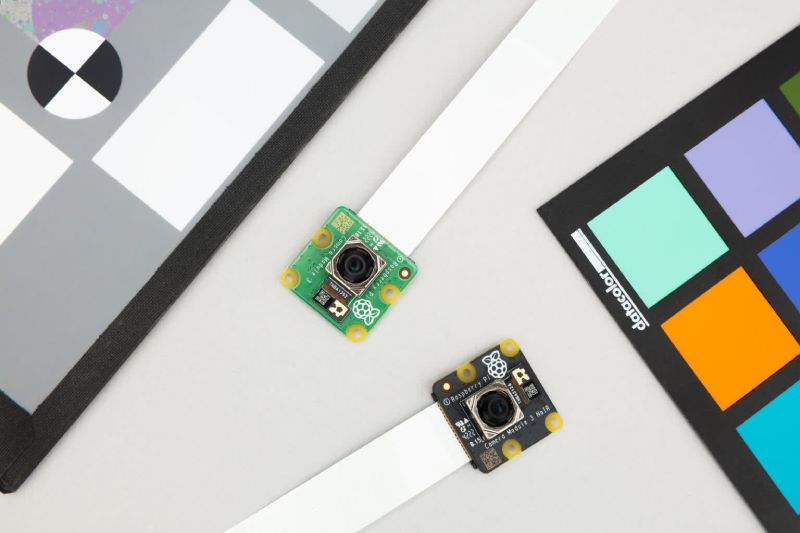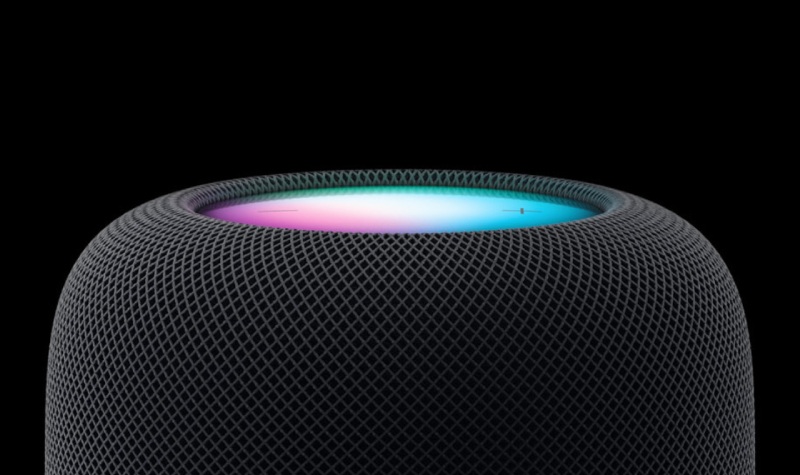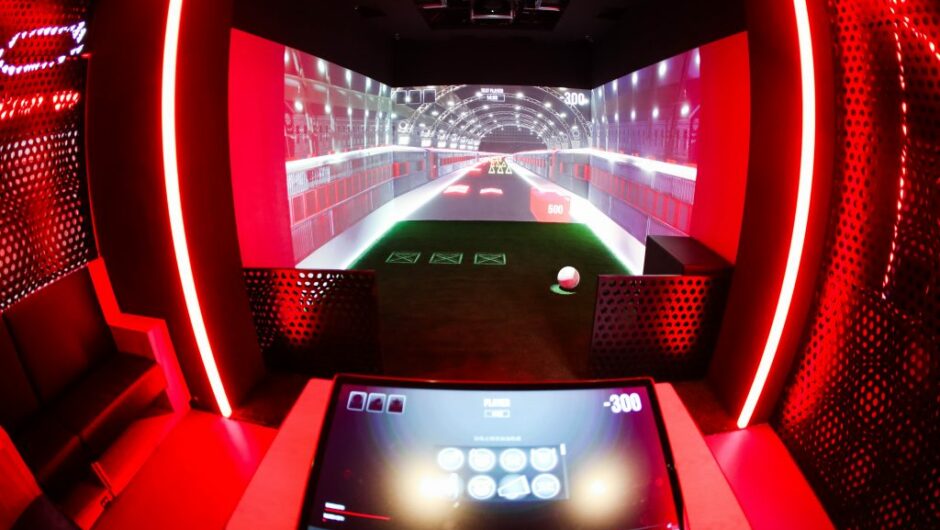The company announced that the Camera Module 3 for Raspberry Pi has been released with significant enhancements, such as increased resolution, infrared, HDR, autofocus, a wider field of view, and other features. It is the company’s first new camera module in six years, excluding the 2020 model with interchangeable lenses.
The 8-megpixel Sony IMX219 sensor was used in the previous Module 2 cameras. However, Sony’s new 12-megapixel IMX708 chip, which is not only larger but also has a higher resolution, is included in the newest models. As a result, images are sharper and more sensitive to low light. It also has a 16:9 aspect ratio, so you can use the entire sensor area to capture HD video up to 1080p50.
Even better, Module 3 includes built-in powered autofocus, whereas the previous module had fixed autofocus. As a result, they are slightly thicker (up to 12.4 mm as opposed to 9 mm), but they are also more adaptable, allowing you to focus on things from 5 cm (2 inches) to infinity.
The standard field-of-view (FoV) variants have a horizontal field of view of 66 degrees, which is about the same as a 28mm full-frame lens. That is increased to 102 degrees horizontal in the wide-angle version, which uses a 14mm full-frame lens. According to Raspberry Pi, the wide-angle version has a “more expensive and complex optical stack” and is slightly thicker, at 12.4 mm as opposed to 11.5 mm.
Additionally, it has HDR capability, allowing for multiple simultaneous exposures at various times. That makes it possible to take pictures of the interior, for instance, with the appropriate exposure for the exterior and interior details. Lastly, the Module 2’s NoIR (no infrared filter) sensors can effectively transform your Raspberry Pi into a night-vision camera.
There are at least four modules in the launch, including wide-angle and standard models in both visible light and NoIR infrared versions. The wide angle models start at $35, while the standard models start at $25. The Raspberry Pi store now carries them.
Topics #autofocus #Camera Module 3 #Raspberry Pi











